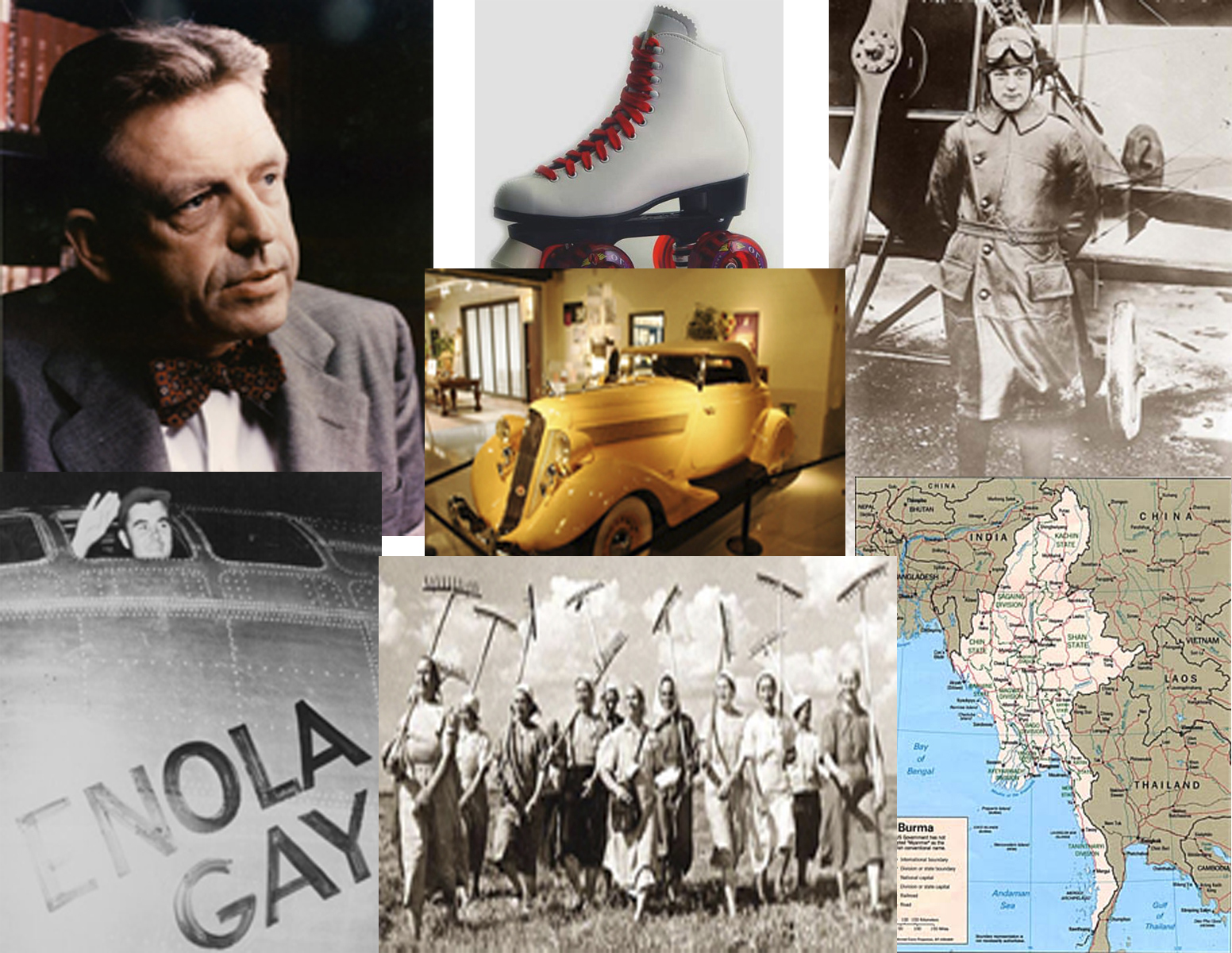1. History: Indiana University, 1968-1981 90 Interviews
This project is a compilation of interviews of subjects with strong ties to and memories of Indiana University, primarily at the Bloomington campus. The interviewees include former students, faculty, and staff, among others. The information contained in the interviews generally spans a little more than the first half of the twentieth century and often deals with the administrations under presidents William Lowe Bryan and Herman B Wells. The project is a survey of Indiana University's history as a whole including information about various academic departments, athletics, student organizations, campus growth, university development, living conditions, segregation and the treatment of African-Americans, the administration, and the importance of jazz at Indiana University. In addition, the impact of specific events, such as the Great Depression, World War I, World War II, the Vietnam War, and water shortages, is detailed in many of the interviews in this project.

